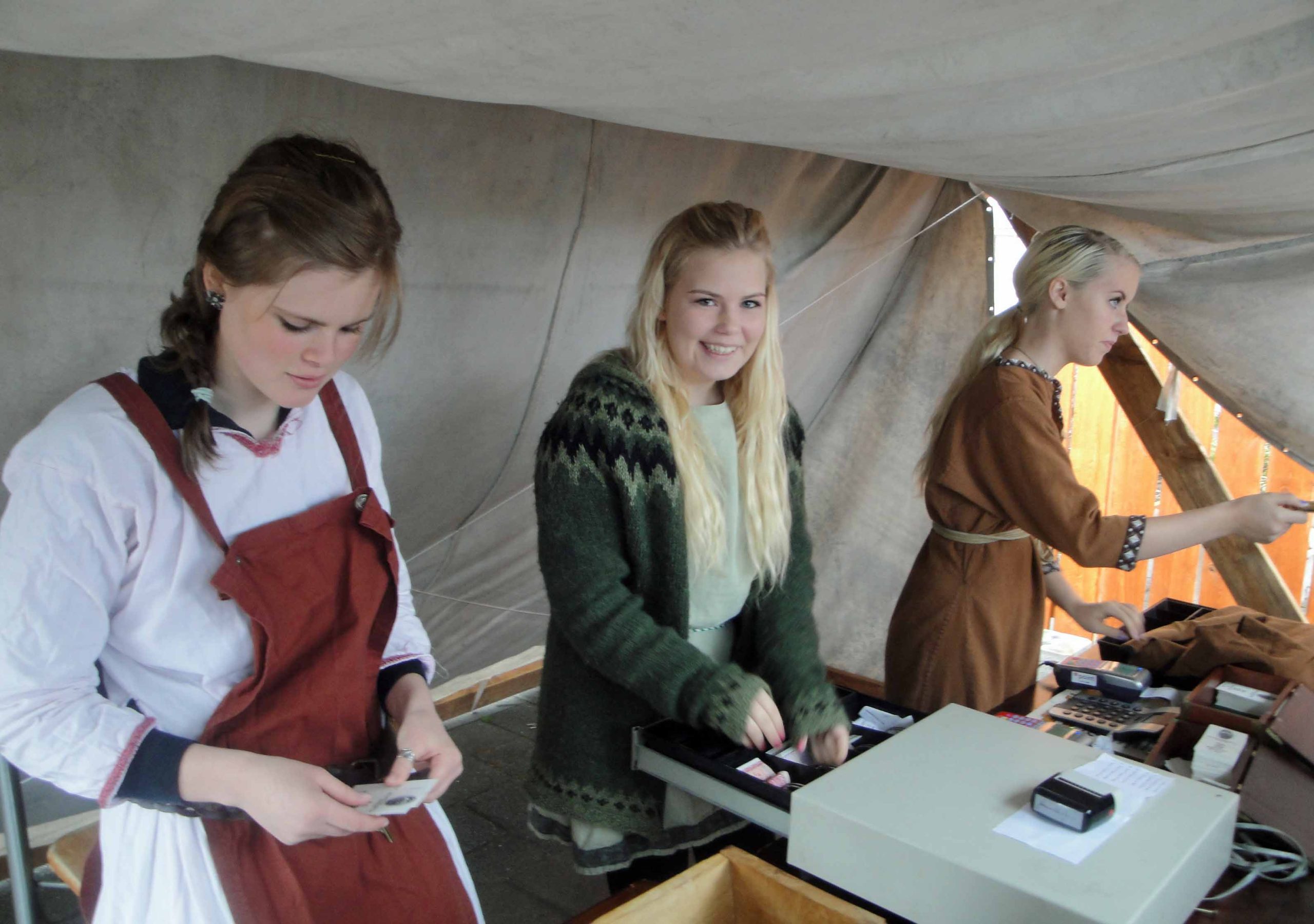Young people in Iceland had great problems finding jobs after the 2008 financial crash. At the time unemployment was only 1.6 percent, but rose to eight percent by 2009 and tipped eight percent in 2010. In 2012 unemployment was just over six percent.
It was not easy for 20-25 year olds to find a job. They had little experience from working life. Many had been away from working life for a long time. Young men struggled the most. 620 people participated in Starfatorgið during 2012, more than two thirds were male.
“It was tough,” says project leader Tryggvi Haraldsson at the job centre Vinnumálastofnun.
“There were very few new jobs. Young people represented a group at risk from being shut out from the labour market before we took action with the project Starfatorgið for young people,” he continues.
Using the Stockholm model
The Reykjavik city council decided to activate young people on social benefits. The city worked with the municipalities in the capital region as well as the employment service. The aim was to help young people find jobs or to study using a labour exchange (jobbtorg) at the Reykjavik employment service and in other places in the capital region.
Iceland got the idea from Stockholm. Municipal social workers sent long term unemployed youths to the employment service. They were obliged to go there two to four times a week to see their personal advisor. Failing that, they would loose their benefit money. It was just like going to a place of work.
Role-play
Tryggvi Haraldsson explains how six advisors at the employment service in reality gave personal coaching in how to apply for jobs. The employment service’s task was to find jobs for all age groups, but in this case they targeted the young in particular. They would get extra service because not only did they have no jobs, but no education or experience either. Some of them also struggled with substance abuse.
The social workers met the youths, talked to them and mapped their private circumstances. They would help them find suitable courses and develop their working ability. Sometimes role-play was used in order to prepare the youths and make it easier for them when they went to look for work in the real world.
Three young men get jobs
The company Áberandi makes signage and has cooperated with Starfatorgið. Áberandi has given three young men aged 17-19 jobs for one year or longer. They were involved in the production of different kinds of signage.
“We felt a social responsibility to activate young people when the people from Starfatorgið contacted us. That’s why we decided to participate in the project,” says Áberandi’s leader Jón Ásgeir Einarsson.
“The boys did a good job. You could say it was a kind of job training, at least to begin with. It took time to train them,” continues Jón Ásgeir Einarsson.
“We’d be very happy for Jobbtorget to contact us again. It was fun to see how the boys developed into becoming good colleagues,” he says.
Starfatorgið recommended
Tryggvi Haraldsson is happy with what Starfatorgið has achieved. A Starfatorgið survey shows 92 percent of the young people would recommend Starfatorgið to their friends. Tryggvi says 60 percent of those who finished the project found work or started studying.
“This is a good result if the group lacks any motivation,” says Tryggvi Haraldsson.
“People in this is group don’t easily get a job,” he says.
Half found work
85 percent of those who took part in Starfatorgið are no longer using the service. More than half have got jobs or are now studying and 14 percent are not able to work. The rest have either moved or joined some kind of rehab programme.
Tryggvi Haraldsson thinks the Starfatorgið project has shown that it pays to focus on the weakest group among the unemployed. Starfatorgið will continue as part of Iceland’s employment service.





